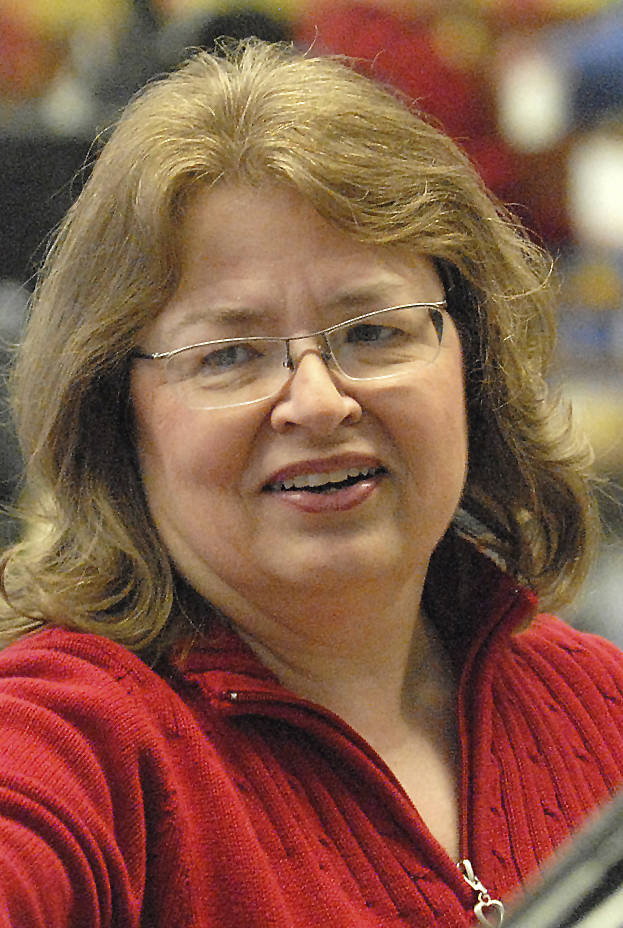More than 10 years ago, city staff and elected officials began talking about setting up a one-stop shop in Auburn, a single hub where disadvantaged residents could access the community, social and human services they would need without having to bounce from place to place.
They’re still talking today.
But now, the dream is on the cusp of happening.
As Dana Hinman, the city’s director of administration, told the City Council on Monday night at City Hall the city is in negotiations with a property owner for a long-term lease of its 23,000-square-foot building at 2802-2818 Auburn Way North.
That is, the former Sports Page Tavern.
“It’s been an all-hands-on-deck effort, the possible future of (human) services in Auburn,” Hinman said. “As a growing city, we have certainly developed a higher need for those services.”
Hinman noted the building’s proximity to DSHS, WorkSource, Sound Mental Health, We Care Day Clinic, and Valley Cities. There’s even a Metro bus stop at the site. The potential is also there to expand the center into some of the empty, adjacent empty storefronts.
In the audience sporting an enormous smile was Debbie Christian, director of the Auburn Food Bank.
“This has been a dream we’ve been talking about for a long time,” she said. “I’ve been by that building and peeped in those windows, praying, ‘Dear God, give us this building.’ And if it wasn’t for this staff , which was finally able to get through to the landlords and talk to them, we wouldn’t be this far. … But I keep telling people, this is still a dream until the day we get a key.”
Auburn’s vision for its one-stop shop embraces the following:
• Relocating the day center on I Street NE:
• Moving the night shelter and bumping up its capacity from 30 beds to approximately 65 beds, with the added benefit of further expanding during bad weather;
• Providing a space for King County to fulfill its goal of establishing a once-a-week Community Court in Auburn;
• Providing space for 20 or more service providers to be present and available when court is in session – that is, addiction resources, housing placement, mental health providers, employment services and more.
And when court is not in session, provide classroom, educational and meeting spaces and room for service providers to have temporary space on a regularly recurring schedule;
• Providing a space for emergency food services and to enhance opportunities to make healthier food options more available; and
• Providing ongoing space to a handful of community, social and/or human service providers that advances the mission of the hub and the individuals and families that rely upon those services.
Earlier this year, Valley Cities notified city staff that the city would have to move the Sundown night shelter on Valley’s property because of Valley’s own plans.
And when the city moved the overnight shelter back to the building at Veterans Memorial Park – the Day Shelter remains at Valley Cities – Mayor Nancy Backus asked staff to take a fresh look at available property and buildings that might offer the long held dream a chance.
During the search for available space inside the city, staff toured existing centers within the region.
Hinman said the city is modeling its project after another “well-oiled machine” in Redmond called the Together Center.
While Auburn’s needs aren’t exactly Redmond’s, Hinman said, the vision of a resource hub for multiple services and service providers is worth following.
Backus said Auburn is at a pivotal moment and eager to shift from researching property to the next phase of immediate needs, which includes pursuing funding partners searching potential tenants that can help offset rental costs, and:
• Laying out building and site plans;
• Proceeding with construction buildout;
• Developing a business model that would be influenced by the tenant mix of service providers, and;
• Developing an ongoing service model
The City Council approved $500,000 a year in the current biennial budget. The city has expended just under $120,000 of that budget in 2019 and expects to use some of those funds to help secure the lease of the building for 2019 and 2020. Other sources of funding will be sought via tenant rent, other public funding sources, philanthropy and private funding.
“I was on the first committee for the one-stop hub, and we worked really hard on it, and we were so close to going out and asking for campaign money to start,” Christian said. “We had the pro formas done. While the grants weren’t lined up, and we weren’t promised them, we were told we could go for them. And then the recession hit, and we lost everything.”


